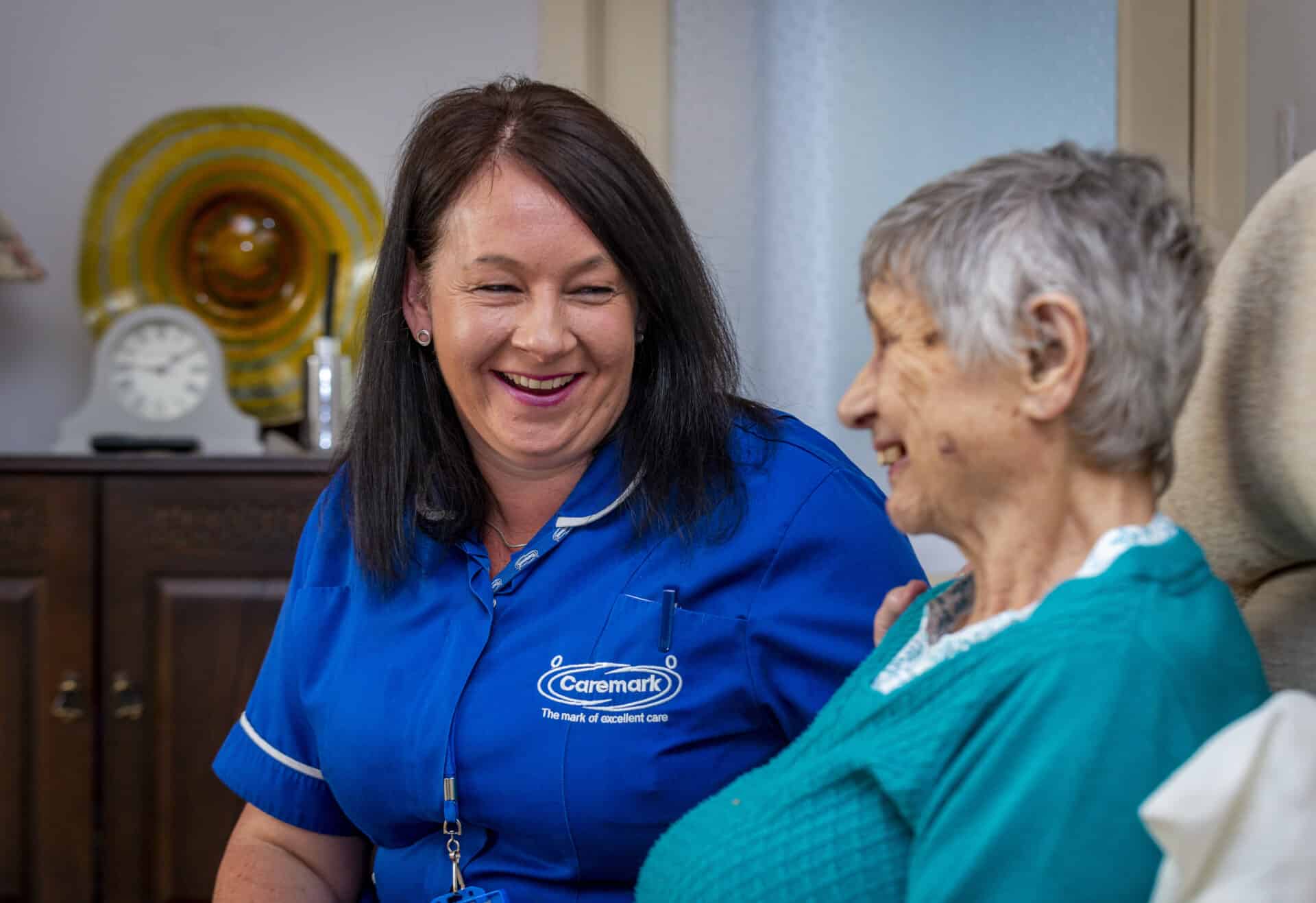A Comprehensive Guide to After Stroke Care in Bromley

Coping with the aftermath of a stroke can be a challenging journey, not only for the survivors but also for their loved ones. Effective rehabilitation and care strategies can make a significant difference, promoting a swift and healthy recovery. This article explores some of the best practices for after stroke care in Bromley that can aid in the healing and rehabilitation process.
Understanding the Importance of After Stroke Care
After stroke care plays a crucial role in helping stroke survivors regain their lost skills and achieve optimal functionality. The process can be lengthy and demanding, necessitating a strong support network and the right care strategies. Quality after stroke care can significantly improve recovery outcomes, making it a critical aspect of a survivor’s journey towards healing.
Creating a Safe and Comfortable Environment
One of the fundamental aspects of after stroke care in Bromley is creating a safe and comfortable environment for the survivor. This could mean making modifications in the home to accommodate their physical limitations. Non-slip flooring, handrails, and adjustable beds can help ensure safety and ease of movement around the house.
Encouraging Regular Physical Therapy
Physical therapy is an essential component of rehabilitation. Regular exercise can help the survivor regain strength, balance, and coordination. It is vital to work with a qualified physiotherapist who can tailor exercises based on the survivor’s individual capabilities and needs.
Implementing a Nutritious Diet Plan
A healthy, balanced diet is crucial in the recovery phase. Stroke survivors often need to make dietary changes to manage their weight, blood pressure, and cholesterol levels. Implementing a diet rich in fruits, vegetables, whole grains, lean proteins, and low-fat dairy products can support overall health and speed up recovery.
Prioritising Emotional Well-being
Surviving a stroke can be an emotionally taxing experience, leading to feelings of fear, frustration, or depression. Prioritising emotional well-being is therefore as important as physical rehabilitation. Encouraging open communication, providing emotional support, and seeking help from mental health professionals can all contribute to the emotional recovery of a stroke survivor.
Promoting Independence Where Possible
One of the key goals of after stroke care is to promote independence. Encouraging survivors to perform daily tasks to their best ability can boost their confidence and accelerate their return to normal life. However, it’s essential to strike a balance and ensure assistance is provided where needed, to prevent any harm or discomfort.
Ensuring Regular Medical Check-ups
Regular check-ups are crucial to monitor the survivor’s progress and adjust the care plan as needed. It’s essential to maintain close communication with the healthcare team and adhere to the prescribed medication routine.
Engaging in Cognitive Exercises
Strokes can impact a person’s cognitive abilities, affecting memory, attention, and thinking skills. Engaging in cognitive exercises like reading, puzzle-solving, or memory games can help stimulate the brain and improve cognitive functions.
Adopting a Team Approach
After stroke care is most effective when it involves a team approach. The care team can include family members, professional care assistants, physiotherapists, dietitians, and mental health professionals. This comprehensive, collaborative approach ensures that all aspects of the survivor’s well-being are addressed, promoting a holistic recovery.
In conclusion, after stroke care in Bromley is a multi-faceted approach, encompassing physical, emotional, and cognitive rehabilitation. By adopting these best practices, care assistants can significantly improve the recovery outcomes and enhance the quality of life for stroke survivors. Remember, every stroke survivor’s journey is unique, and the care strategies should be personalised to suit their specific needs and capabilities. With the right
care and support, they can navigate this challenging journey towards recovery and regain a sense of normalcy in their lives.
Integrating Leisure Activities
Leisure activities can play a therapeutic role in the process of recovery. Engaging in activities that the stroke survivor enjoyed before the stroke can bring a sense of normality and enjoyment to their life. It could be as simple as listening to music, gardening, painting, or even a short walk in the park. These activities can act as powerful mood boosters and provide an outlet for expressing emotions.
Maintaining a Positive Attitude
A positive mindset can significantly influence a stroke survivor’s recovery journey. Encouraging a positive outlook, celebrating small victories, and maintaining a hopeful attitude can boost the morale of the survivor. Caregivers also need to ensure they take care of their mental health and remain positive, as their attitude can directly impact the individual receiving care.
Emphasising Rest and Relaxation
Recovery from a stroke can be physically exhausting for the survivor. Ensuring that they get plenty of rest can be crucial to their healing process. Relaxation techniques such as deep breathing exercises, mindfulness, or gentle yoga can also help manage stress and promote relaxation.
Utilising Community Resources
Community resources can be instrumental in after stroke care. These can include support groups, educational workshops, and community rehabilitation programmes. They can offer an avenue for social interaction, provide valuable information and resources, and lend an empathetic ear to the challenges faced by stroke survivors and their care assistants.
Final Thoughts on After Stroke Care
After stroke care requires commitment, patience, and resilience from both the stroke survivors and their care assistants. While the journey may be fraught with challenges, it is essential to remember that each small step forward is a victory.
In the realm of after stroke care in Bromley, the goal is to provide the best possible support, care, and intervention to maximise recovery, promote independence, and enhance the quality of life for stroke survivors. The process might be slow and painstaking, but with the right care, significant improvements can be seen over time, helping stroke survivors regain control over their lives and look towards the future with hope and determination.